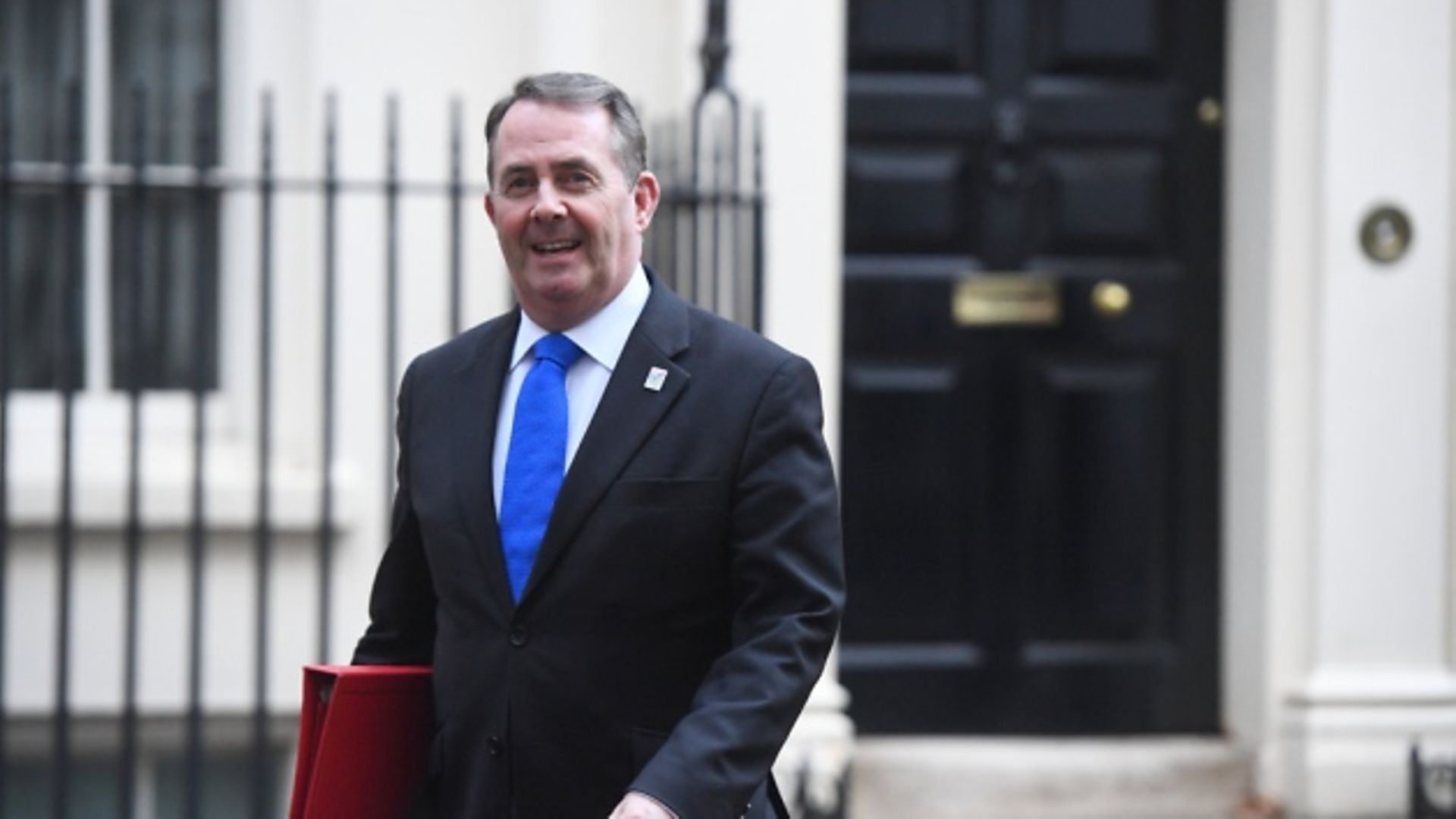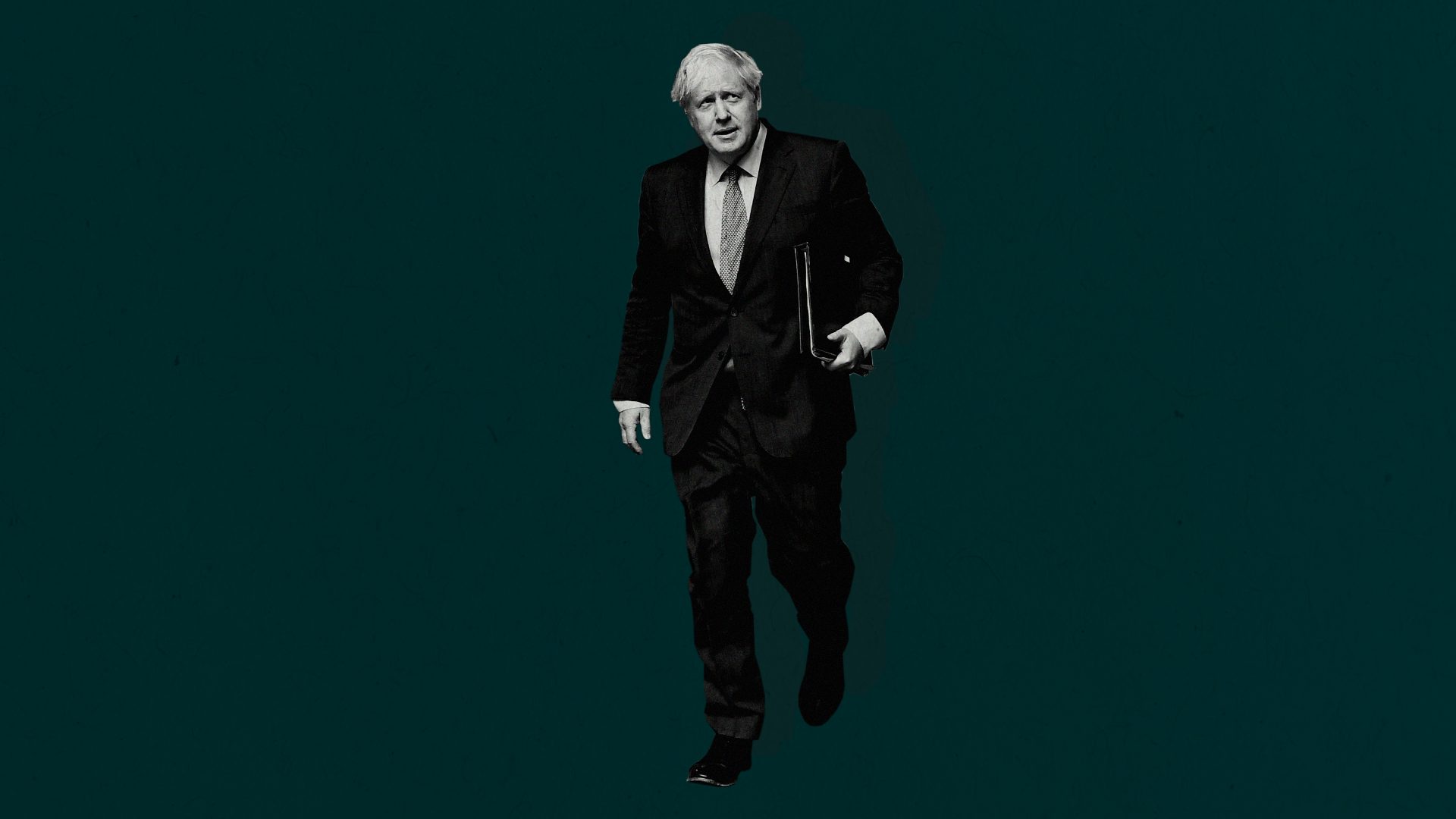To cheer at the French presidential election result is to misunderstand it. Emmanuel Macron is no hero of the international order, and the people of France hardly rallied against fascism. Millions of first-round votes were cast for extreme-left candidates – some with antisemitism issues enough of their own – and candidates like Marine Le Pen, or those to the right of her.
Even in the second round, Le Pen secured around 42% of those voting, with the low turnout providing little in the way of comfort: those who didn’t bother enough either didn’t care enough about stopping a far-right pro-Putin candidate to vote, or didn’t see enough difference between her and Macron.
Macron himself is hardly a prize worth celebrating – an unpopular populist who France has decided to hold its nose and stick with for now (to be fair, an unusual move in French politics), who has happily flirted with some of his nation’s xenophobic and anti-immigration tendencies.
But we need to look wider than France to see why outright celebration is the wrong move – when we look at just one country and just one election, it’s easy to see only the good: the danger has been held at bay.
Except all too often that does not stop the erosion of norms, the erosion of customs, the polarisation of politics and the decay. Merely holding the far right at bay is never enough: they come back, and they often come back stronger.
Looking at Viktor Orbán’s Hungary provides an illustrative example. Orbán initially served one term, and was beaten back by a relatively weak mainstream government promising something of a return to normal. He then beat that soundly the second time, and has stayed in power ever since, eroding the quality of Hungary’s democracies, courts, and more. The victory at the end of his first single term was a false dawn.
Anyone watching the politics of the US will surely see this worry too. Trump’s last days in office were a travesty even by the low standards of his administration – fresh evidence comes out on a daily basis that he attempted an illegal overthrow of his own government, tried to overturn the election result, and possibly even attempted the kidnap of his own vicepresident, Mike Pence.
Mainstream Republicans were outraged and appalled… until they weren’t. As the dust settled and it became clear Trump’s base didn’t care – and perhaps even liked – that he had tried to overthrow the election, the GOP went back to seeking Trump’s fundraising support and endorsement.
State Republican parties across America have been putting in full-Trumper secretaries of state and election officials, in place for the midterms and more crucially for the 2024 presidential election. This endorsement of positions that in 2016 would be far too extreme even for Trump-supporting members of Congress has become commonplace.
It seems unlikely the Republican party will suffer at the ballot box as a result of these measures: most observers expect the party to retake both the House and the Senate in this November’s election, effectively driving Biden’s presidency to a total standstill – potentially even stopping his ability to appoint replacement cabinet officials, judges, and other Senate-confirmed posts. Two years of inaction would, of course, hardly hurt the opposition party in the 2024 presidential election, either.
Biden beat Trump soundly at the ballot box – but did nothing beyond that. The country seemed unready for a reckoning with itself, there was no change to institutions or norms left in tatters after four years of Trump, and just a forced, wafer-thin normality imposed on everything. It is akin to putting a lid back on to a pressure cooker, busting the valve, and then looking surprised when it seems an explosion might be imminent.
Across Europe too, we often see the far right beaten but not defeated, held at bay with an appeal to the status quo, struggling more each time to motivate enough people to keep the “bad thing” at bay – Le Pen got just 34% of the second-round vote in 2017, but 42% this time. That direction of travel is not a reassuring one for enemies of the far right.
Across multiple countries and multiple elections, we are seeing the same playbook used again and again to keep the far right at bay, usually – but not always – just about working, but generally working less well every time.
The far right is often tapping into a sense of injustice and left-behindedness by fingering the wrong culprits for people’s misfortunes. People have had more than a decade of no wage growth, are now managing a cost-of-living crisis and are dealing with one exhausting global disaster after another.
An appeal to the status quo is a depressing sell for all too many people. We need a new story, a better story, and a higher target. It cannot continue to be enough that we just about stop the far right – not least because we’re not getting any better at it. For a movement that is supposed to be internationalist, the liberal left often fails to look to other countries for a playbook of what to do.
Populism, after all, isn’t inevitable and isn’t everywhere – some countries in Europe have roundly rejected it, while polling evidence from 2021 suggests that overall across Europe, populist sentiments have decreased, albeit only modestly.
This shouldn’t be an excuse to handwave away the populist threat, or to suggest it is being over-exaggerated – which all too often it is – by people who would rather wish a problem away than address it. What seems to be missing, at least outside academic circles, is any real recent work on where populism is taking hold and where it is not – and why.
We also have very different situations and high water marks in different countries: Poland’s government is mounting a culture war that makes the UK’s look like a skirmish. Orbán is a few short steps away from dictatorship. France has had, for two elections running, a far-right candidate among its last two presidential hopefuls.
But in Germany the recent high spot for the far right was polling at around 15%. Populist parties in the UK have stopped short of the far-right benchmark set by other countries – Ukip was not a far-right party, whatever you may think of it – even as mainstream parties have taken on some of their characteristics.
We need tools to fight the far right. We need to know what works. And we need to demand actual victories – not just elections in which we slink off, already afraid about next time. The time for that work is now, not a few weeks shy of polling day. Is anyone doing it?




